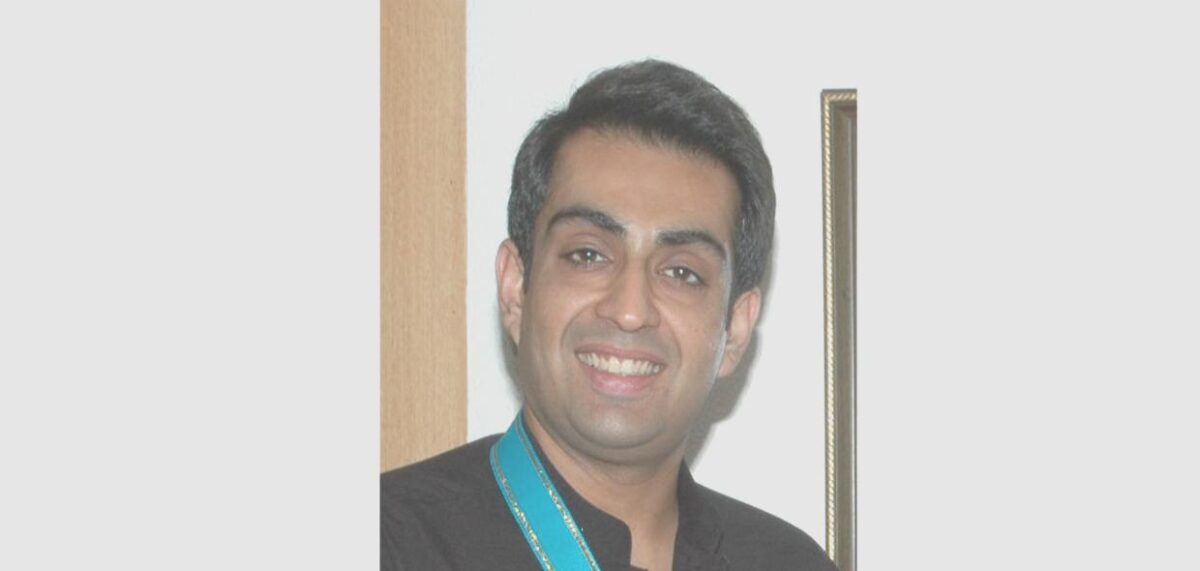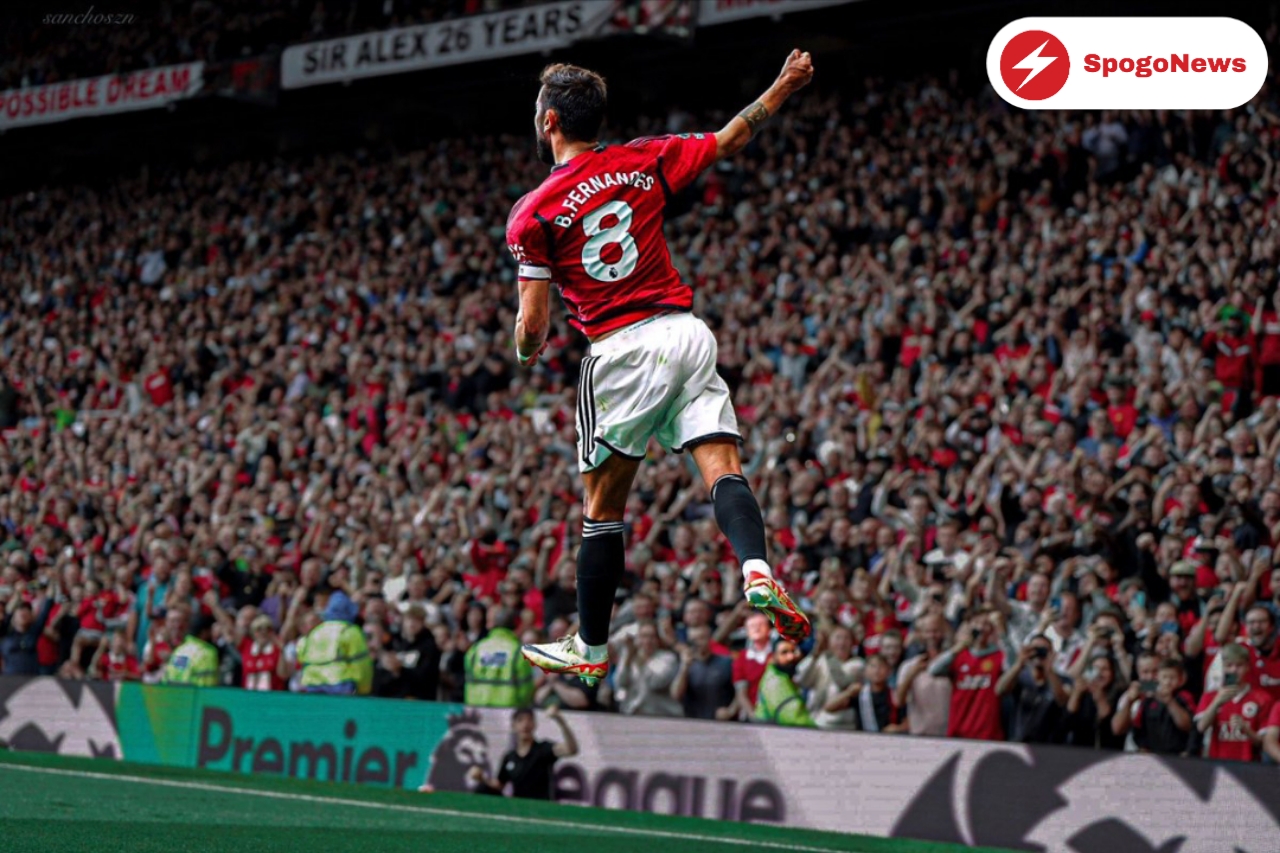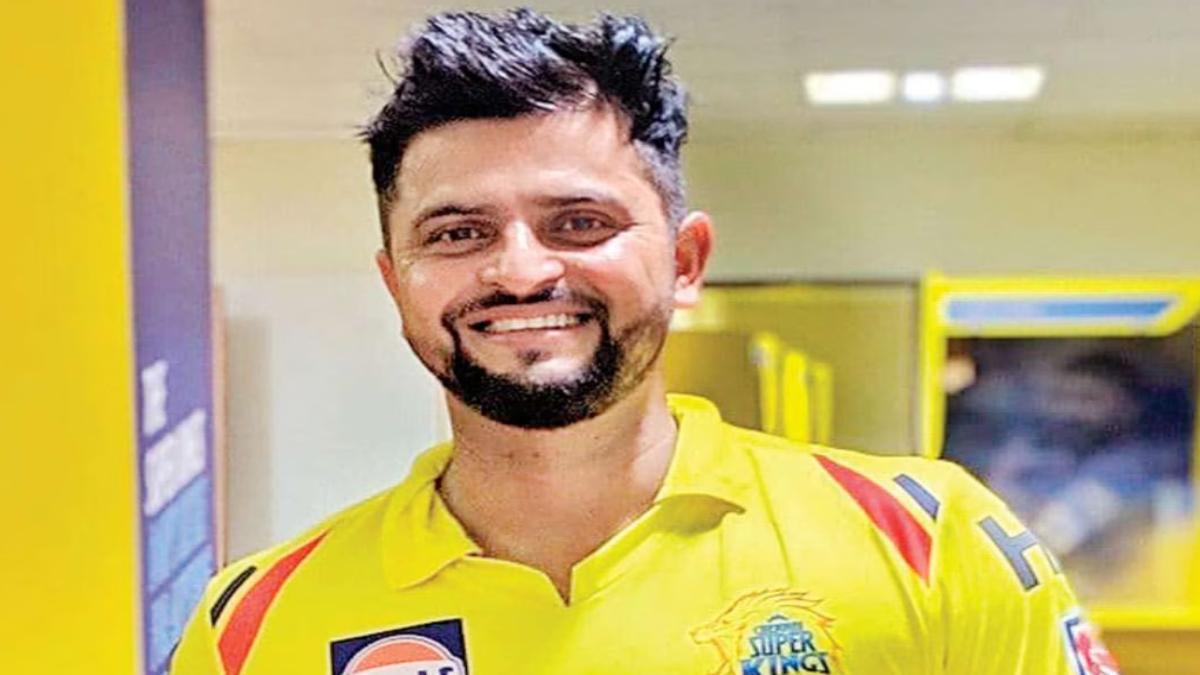New Delhi, Jan 15 (PTI) The National Rifle Association of India (NRAI) has contested the disqualification of trap marksman Manavjit Singh Sandhu, who was barred from competition at the Asia Olympic Qualifiers because of “faulty” gun stock, categorically telling the event’s Jury of Appeal that he was not seeking any “unfair advantage”.
Shotgun coach Vikram Chopra has written to the tournament’s jury of appeal, a copy of which is with PTI, that Manavjit, a former world champion, had not breached the two International Shooting Sport Federation (ISSF) rules cited by the tournament organisers for disqualifying the Indian athlete.
The two rules under which Manavjit’s gun was declared “faulty” are 9.4.2.11 and 9.4.1 (a,b).
Rule 9.4.2.11 states: “The depth of the buttstock (either adjustable or ‘Monte Carlo’ type) measured from the highest point of the cheek rest to the lowest point of the butt plate toe must not exceed 170mm (17cm). Any butt plate toe vertical extension which is not an integral part of the buttstock and simply intended to increase its depth, is not permitted.” According to Rule 9.4.1 (a,b): a) Athletes must use only equipment and clothing that comply with the ISSF Rules; b) Any shotgun, device, equipment, accessory or other item that may give an athlete an unfair advantage over others and that is not specifically mentioned in these Rules, or that is contrary to the spirit of these Rules, including accessories or devices used to facilitate the counting of targets, is prohibited.
The Jury chairman Hassan Binhdia, in his decision on Sunday while disqualifying Manavjit wrote that, “The jury decided not to allow the shooter to use the gun with the vertical extension made by the shooter.
“The jury committee created to see the protest decided to deny the protest because the gun specification does not comply with Rule 9.4.2.11, which is saying (any butt plate-toe vertical extension, which is not an integral part of the buttstock and simply intended to increase its depth is not permitted. Thirdly, the gun does not comply with Rule number 9.4.1 (a,b) equipment restriction.” A butt plate, made usually of metal and attached to the butt end of a gunstock, helps shooters get the right fit on their shoulder and to adjust their cheek on the stock before firing.
Chopra, in defence of Manavjit, wrote to the jury: “Rule 9.4.2.11 does not specifically mention any height restriction on the butt recoil pad… the stock in question is 160mm (permissible limit 170mm) from cheek piece and meets the rule.” A recoil pad is a piece of rubber, foam, leather usually attached to the buttstock of a shotgun. Its purpose is to provide additional padding between the typically hard buttstock surface and the shooter’s shoulder, to reduce the amount of recoil of the firearm.
On Rule 9.4.1 (a,b), which pertains to “unfair advantage”, the Indian camp wrote, “This does not apply as there is no ‘unfair advantage’ as there is no electronic or any other aid to the shooter… no unfair material is used.” While senior vice-present Kalikesh Singhdeo has said that the NRAI will take the matter to its “logical conclusion” by approaching the ISSF and its athletes’ commission, the champion shooter’s hopes of representing the country at the Paris Olympics for a fifth time have almost faded.
Singhdeo had also indicated that the Court of Arbitration for Sports (CAS) in Lausanne could also be approached if other recourse failed.
“I mean (approaching CAS) it will depend on the furute course of action and decisions taken by the ISSF. We’ve come at the first round of appeal with the jury, then at the ISSF level…let’s see, I don’t want to pre-empt anything,” Singhdeo had told
Source: PTI News










